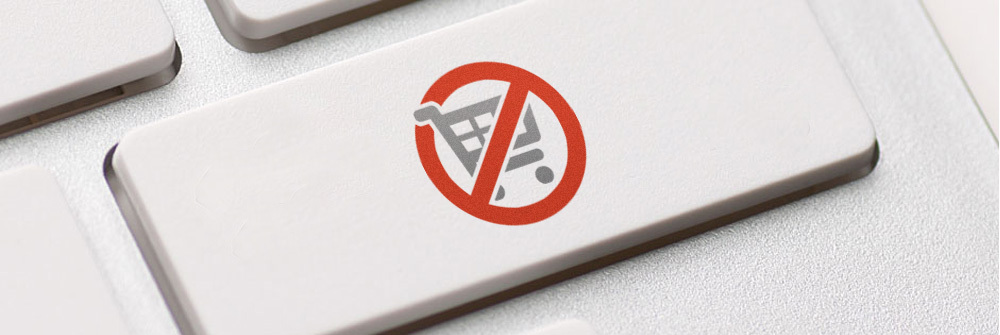The threshold of duty-free trade: what to expect in the new year?

Having exhausted all the lovers of overseas purchases in a year and a half, the native government, together with the relevant ministries (we recall, everything was involved, from the Ministry of Finance and the Ministry of Economic Development to customs and idlers from ACIT), something was quiet.
Having announced at the end of November about the introduction of new parameters for duty-free e-commerce from January 1, 2015 (if someone does not know, we are talking about an amount of 500 euros), the actors in the ongoing drama switched to fighting the crisis. So, what happens immediately after the New Year, will limits be imposed or not?
In order to answer this question, let's remember the background.
')
The idea to replenish the budget due to fees from a dynamic shopping sector abroad was born in the minds of government officials more than a year ago. But the first step to reducing fees can be considered the initiative of "Mail of Russia". It was planned to create a unified information system to control the fast-growing volume of parcels from foreign online stores.
And, as usual, a radical reduction in the duty-free entry threshold was offered immediately to 150 euros from the current 1000. Everyone planned to implement it in the first quarter of 2014, literally several months after the emergence of the idea itself.
But, recalling the procedures, or consulting with their wives, who were already accustomed to buying Prada and Burberry at American prices, they decided to submit the project to a nationwide discussion by posting its text on the government portal. The result - more than 100 thousand negative feedback. However, this did not affect the initiators of the project, and the issue of reducing fees received an active promotion. Not without the help, of course, camouflaged as businessmen of banal dealers from the Association of E-commerce Companies.
In fairness, we note, although the Russian office of eBay announced its withdrawal from ACIT because of the position of the Association for lowering the threshold, the representative of the auction confirmed that even the figure of 150 euros would not significantly affect the volume of purchases - the average check amount does not exceed it.
Another side of developing events is the Russian Internet intermediaries engaged in providing services in the field of foreign online shopping. They also joined the struggle, because a significant reduction in the duty-free threshold will definitely hit their business. But, not possessing, obviously, such arsenals of means of direct influence, they decided to act with the mind. After analyzing the existing laws and regulations in the countries of the Eurasian Economic Union (EAEU), they offered their customers options for the delivery of goods through Kazakhstan, where there is no talk about reducing the amount of importation. Kazakhs have invested more than $ 10 billion in the national postal service, so they are not going to reduce the turnover of e-commerce despite any promises of the “big brother” in the Union.
So the obvious reaction of our officials to these circumstances can be considered their statement about the refusal of the threshold of 150 euros. Yes, and the subsequent proposal of the Minister of Economic Development of Russia Alexei Ulyukayev about the new threshold of 500 euros, voiced by him in October, was made in the hope of finding a compromise with his colleagues in the EEU.
Later, President Vladimir Putin confirmed this information, stating during the November APEC forum in Beijing that "the level of taxation of online commerce must be agreed within the Customs Union." And "if the level of taxation in the countries of the Union is not synchronized, then the whole business will go into one of the countries."
So you can be absolutely sure that the next day X before the meeting of the countries of the Eurasian Economic Union will not come. And although the question is put on the agenda of the January meeting, it is difficult to say whether the participants will agree on something.
Kazakhstan, whose economic policy is increasingly focused on China, has an independent position. And Lukashenko’s latest statements about the need for settlements with Russia in dollars and euros for agricultural products and Belarusian oysters supplied to us, along with the unformed line of a new member of the Union - Armenia, - everything leads to a distance from consensus.
So, while you can relax and wait with interest for the development of the situation, bringing goods using LiteMF , and by a whole thousand euros.

Source: https://habr.com/ru/post/375119/
All Articles